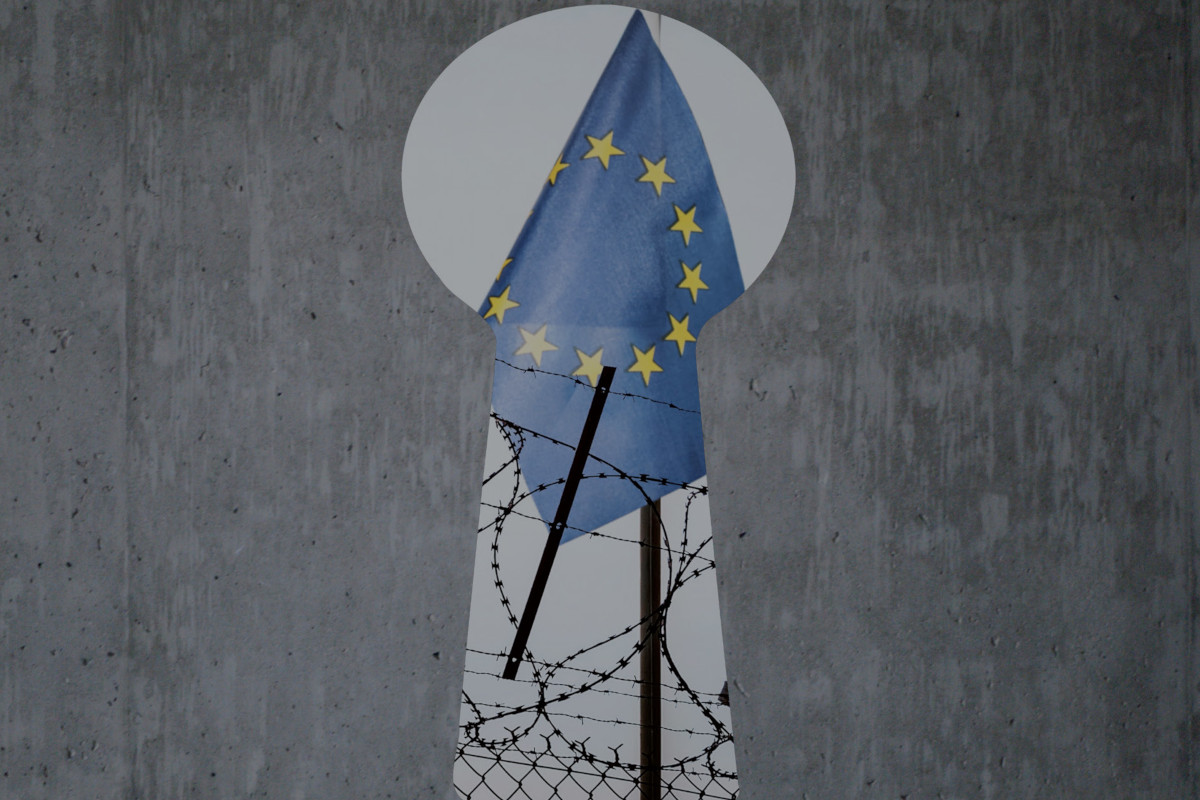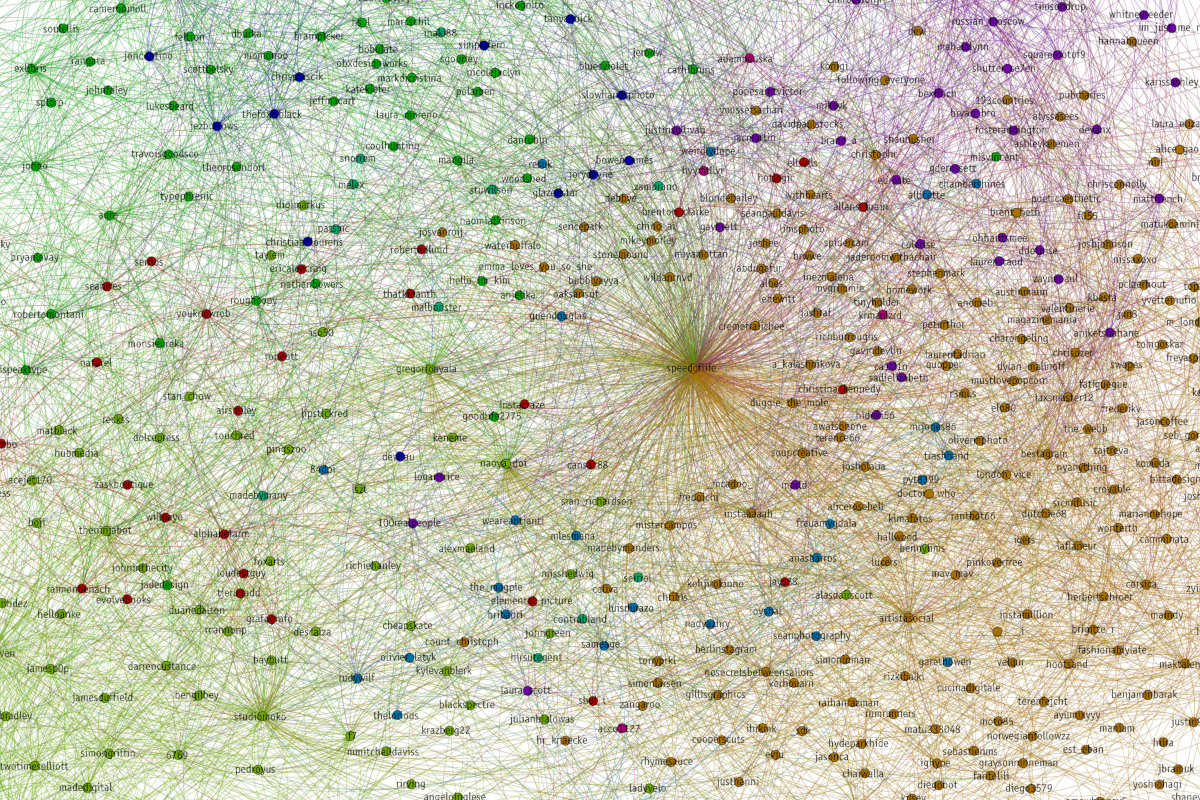Commission remains tight-lipped on Balkan deportation scheme
Topic
Country/Region
06 July 2023
Earlier this year, Statewatch published a secret ministerial statement that committed EU and Schengen states to providing financial and material support for deportations from the Balkans. The European Commission recently answered a parliamentary question on the topic. The answer contains nothing of substance.
Support our work: become a Friend of Statewatch from as little as £1/€1 per month.

Image: SETshots, CC BY-NC 2.0
The joint ministerial declaration, ‘Regional Return Mechanism, Return Partnerships’, was published with the report Access denied: Secrecy and the externalisation of migration control, and committed EU and Schengen states to increase financial and material support for deportations from the Balkans.
Following up on the publication of the statement, Tineke Strik, a Dutch MEP in the Greens group, asked the Commission two simple questions at the end of March:
“1. What support (financial or otherwise) has the Commission provided for the implementation of the goals of the joint declaration?
2. To which states or entities has this support been provided?”
Two months later, the Commission responded, expending 160 words on very little at all.
In response to the first question, Ylva Johansson, Commissioner for Migration and Home Affairs, said:
"The Commission provides support, together with the International Organisation for Migration (IOM) as an implementing partner, to the Western Balkan partners for conducting returns and developing return management systems under the Instrument for Pre-accession (IPA III) regional protection-sensitive migration programme. Frontex, the European Border and Coast Guard Agency, is providing support to the Western Balkans countries within its mandate in the area of return, notably through the deployment of return specialists, support for identification of third-country nationals and training to support return from the Western Balkans."
Regarding the second, Johansson said:
"The joint declaration ‘Regional Return Mechanism, Return Partnerships’ was signed in the presence of the Commission during the Joint Coordination Platform (JCP) Ministerial Return Conference of 21-22 February 2022 in Vienna. The Commission continues to encourage the Western Balkan partners to make use of the Joint Coordination Platform to inter alia foster exchanges of best practices and strengthen operational cooperation on return, in coordination with support provided through IPA III [the Instrument for Pre-accession Assistance] and Frontex."
As highlighted in the press release for Access denied, “growing cooperation and expenditure to externalise the EU integrated border management model to third countries (in tandem with security cooperation) has not been accompanied by greater transparency, despite the human rights and budgetary implications of such efforts.”
Our work is only possible with your support.
Become a Friend of Statewatch from as little as £1/€1 per month.
Further reading

Frontex aided the deportation of almost 25,000 people in 2022
EU border agency Frontex aided the deportation of almost 25,000 people from EU territory in 2022, a record high. The number of people removed via scheduled flights and “voluntary” return proceedings has been increasing steadily, and the deployment of Frontex return teams supported the removal of almost 4,000 people over the course of the year. The agency has confirmed that deportations remain a “core priority”.

European interior ministers agreed new deportation scheme in secret
European interior ministers signed a secret joint statement in February last year that committed EU and Schengen states to increase financial and material support for deportations from the Balkans, increasing the region’s role as a migration “buffer zone”, a report published today by Statewatch and the Heinrich Böll Stiftung reveals.

EU: Deportations organized on the basis of “social media profiles”?
Thirteen non-EU countries sometimes accept "social media profiles and phone contacts" as evidence of identity for the purpose of deportations, according to an internal Commission assessment of third country cooperation on readmission. The assessment, which is produced annually, is used to determine where and how to apply pressure on third states not deemed to be sufficiently cooperative with deportations from EU member states.
Spotted an error? If you've spotted a problem with this page, just click once to let us know.

